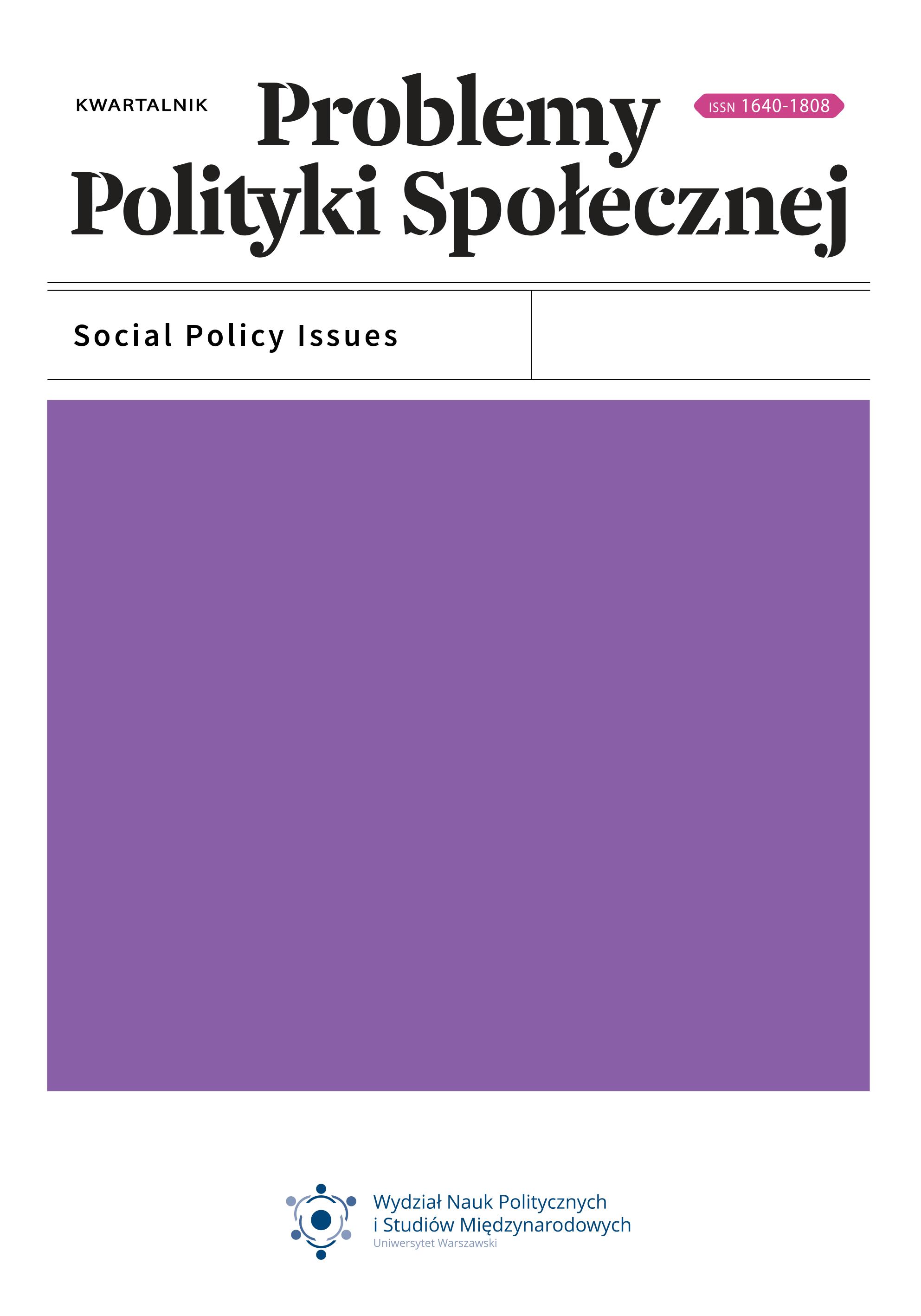Foster care in Hungary and Poland – comparative analysis
Foster care in Hungary and Poland – comparative analysis
Author(s): Witold Mandrysz, László PatyánSubject(s): Politics / Political Sciences, Politics, Social Sciences, Sociology
Published by: Wydział Nauk Politycznych i Studiów Międzynarodowych UW
Keywords: child protection; foster care; foster care system; deinstytutionalisation; orphanhood and social orphanhood
Summary/Abstract: This article presents the development, current status and contemporary challenges of foster care in Poland and Hungary. Both countries, due to their post-socialist tradition, are characterised by the experience of the development of institutionalised foster care during the socialist era, similar consequences of the socio-political transformation of the 1990s and a converging social policy context resulting from membership of the European Union structures for nearly 20 years. The perspective adopted is in line with the concept, which has been present in EU cohesion policy for many years, of the child-friendly social services. The scope of the analysis is an analysis of existing material consisting of: the scientific literature on the subject in both countries, research reports and legal regulations on foster care. Based on these analyses, the article draws several conclusions: the development of foster care in both countries followed a similar pattern, and that changes have only occurred in recent years due to the increasing role of organisations associated with the Christian Churches in Hungary; despite the undoubted positive importance of foster, growing up in foster care also has negative consequences; these negative consequences are much greater and multidimensional in relation to institutional versus family foster care.
Journal: Problemy Polityki Społecznej. Social Policy Issues
- Issue Year: 60/2023
- Issue No: 1
- Page Range: 5-29
- Page Count: 25
- Language: English

